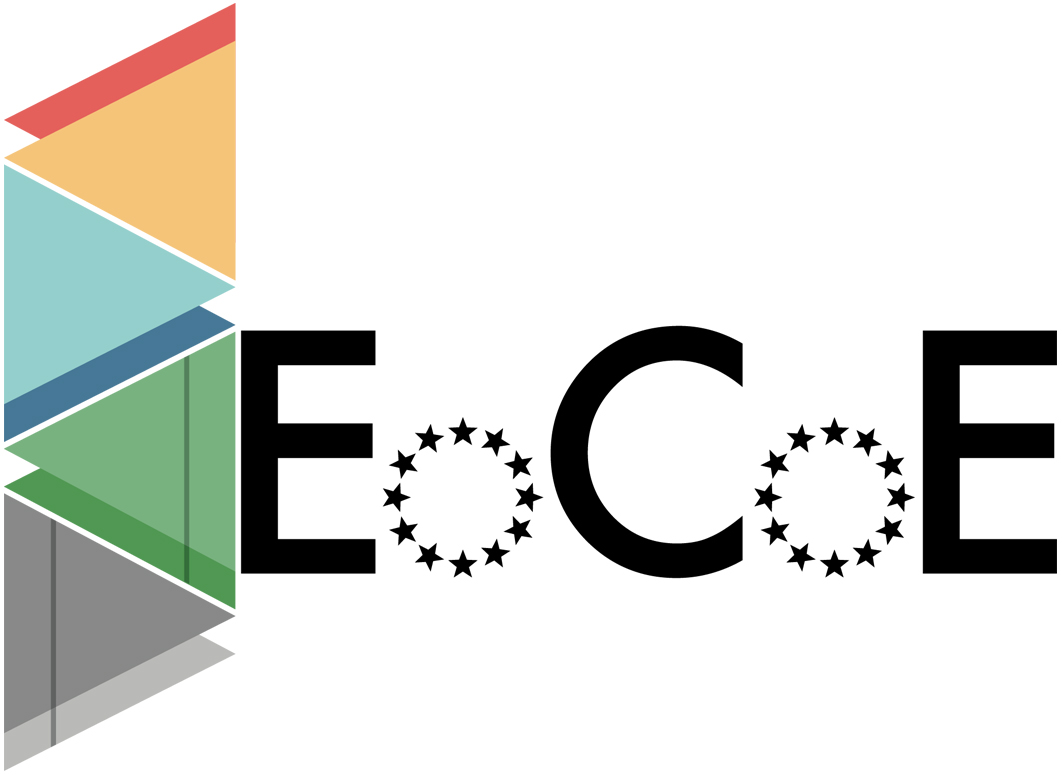The urgent need for efficient energy storage has resulted in a widespread and concerted research effort in the past ten years. Current battery technologies are very efficient in term of energy storage density but reach their limit when large amounts of energy have to be stored or retrieved on short time scales. Supercapacitors can be seen as complementary devices with smaller energy storage densities but which can be operated on short time scales. These devices are already replacing batteries in high power applications – in future this trend expected to accelerate, particularly for the recovery of kinetic energy in electric vehicles, for example. A major challenge remains to be solved in order to determine the relevant quantities for the target objectives: electrical capacitance, amount of adsorbed ions and diffusion coefficient as a function of the electrolyte composition and of the potential difference between the electrodes. This information cannot easily be obtained from experiments and traditional models do not work in this case where interactions at the molecular level play an essential role.
Metalwalls is a classical molecular dynamics code able to simulate supercapacitors with an accuracy that put this numerical tool in a world leading position. Thanks to EoCoE, the computationally intensive parts of the code can be now efficiently vectorized by the compiler. The memory footprint of the application could also be reduced by recomputing some quantities when they are needed instead of storing them in memory. Finally, cache blocking techniques allowed to keep the data structure in lower cache levels. As a result, the performance of the code has been improved by a factor 2.5, i.e. it is now possible to simulate 2.5 more numerical systems with the same amount of computing resources. In 2016 alone, the code used 20 million CPUh on the Mare Nostrum cluster @ BSC (Spain) and would have needed 70 million without this optimization work to achieve the same results.
Quote from MS: “EoCoE allows our code to consume less energy for better storing it!”

